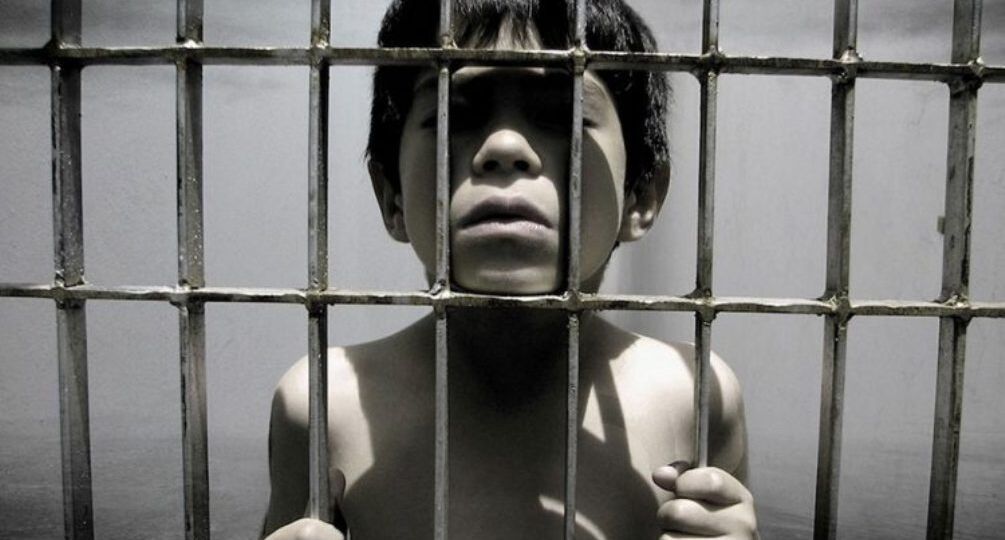
In a world where every child holds the promise of tomorrow, safeguarding their rights and nurturing their potential is a paramount duty of society. In the Philippines, this commitment finds its embodiment in the Juvenile Justice and Welfare Act. This law stands as a beacon of hope and reform, guiding the treatment and care of children entangled in the justice system.
Who is a child?
A child refers to a person under the age of 18 years.
Who is a child in conflict with the law?
A child in conflict with the law refers to a child who is alleged as, accused of, or adjudged as, having committed an offense under Philippine laws.
What are the rules regarding the criminal liability of a child?
The following rules must be observed:
- A child 15 years of age or under at the time of the commission of the offense shall be exempt from criminal liability. However, the child shall be subjected to an intervention program pursuant to Section 20 of this Act;
- A child above 15 years but below 18 years of age shall likewise be exempt from criminal liability and be subjected to an intervention program, unless he/she has acted with discernment, in which case, such child shall be subjected to the appropriate proceedings in accordance with this Act; and
- The exemption from criminal liability herein established does not include exemption from civil liability, which shall be enforced in accordance with existing laws.
What is an intervention program?
Intervention refers to a series of activities designed to address issues that caused the child to commit an offense, it may take the form of an individualized treatment program which includes counseling, skills training, education, and other activities that will enhance his/her psychological, emotional, and psycho-social well-being.
What is the rule as regards the automatic suspension of sentence?
Once the child who is under 18 years of age at the time of the commission of the offense is found guilty of the offense charged, the court shall, determine and ascertain any civil liability which may have resulted from the offense committed. However, instead of pronouncing the judgment of conviction, the court shall place the child in conflict with the law under suspended sentence, without need of application: Provided, however, that suspension of sentence shall still be applied even if the juvenile is already 18 years of age or more at the time of the pronouncement of his/her guilt.
Upon suspension of sentence and after considering the various circumstances of the child, the court shall impose the appropriate disposition measures as provided in the Supreme Court Rule on Juveniles in Conflict with the Law.
Does the rule on the automatic suspension of sentence apply to a child in conflict of a law who has been found guilty of a heinous crime?
Yes. Since R.A. No. 9344 does not distinguish between a minor who has been convicted of a capital offense and another who has been convicted of a lesser offense, we, therefore, should also not distinguish and should apply the automatic suspension of sentence to a child in conflict with the law who has been found guilty of a heinous crime.
What is the rule as regards the criminal liability of a neglected child?
A child above 12 years up to 15 years of age, who is found to be dependent, abandoned, neglected or abused by his/her parents, shall be mandatorily placed in a youth care facility or Bahay Pag-asa in the following instances:
- If the child commits serious crimes such as parricide, murder, infanticide, rape, kidnapping and serious illegal detention where the victim is killed or raped, robbery with homicide or rape, destructive arson, or carnapping where the driver or occupant is killed or raped or offenses involving dangerous drugs under RA 9165, as amended punishable by more than 12 years of imprisonment; and
- If the child commits an offense for the second time or oftener and was previously subjected to an intervention program and his best interest requires involuntary commitment.
May a convicted child be made to serve his/her sentence in a manner other than confinement in a regular penal institution?
Yes. A child in conflict with the law may, after conviction and upon order of the court, be made to serve his/her sentence, in lieu of confinement in a regular penal institution, in an agricultural camp and other training facilities that may be established, maintained, supervised and controlled by the Bureau of Corrections (BuCor), in coordination with the DSWD.
What is diversion?
“Diversion” refers to an alternative, child-appropriate process of determining the responsibility and treatment of a child in conflict with the law on the basis of his/her social, cultural, economic, psychological or educational background without resorting to formal court proceedings.
What is a diversion program?
It is the program where the child in conflict with the law is required to undergo after he/she is found responsible for an offense without resorting to formal court proceedings.
Note: It applies if the child is above 15 years old but below 18 and acted with discernment. If the diversion is unsuccessful or if the other grounds provided by law are present, then the child in conflict with the law shall undergo the appropriate preliminary investigation of his criminal case, and trial before the courts may proceed.
May a child be punished for committing status offenses?
No. Any conduct not considered an offense or not penalized if committed by an adult shall not be considered an offense and shall not be punished if committed by a child.
Source:
The Revised Penal Code
R.A. No. 9344, otherwise known as Juvenile Justice and Welfare Act of 2006, as amended by R.A. No. 10630


